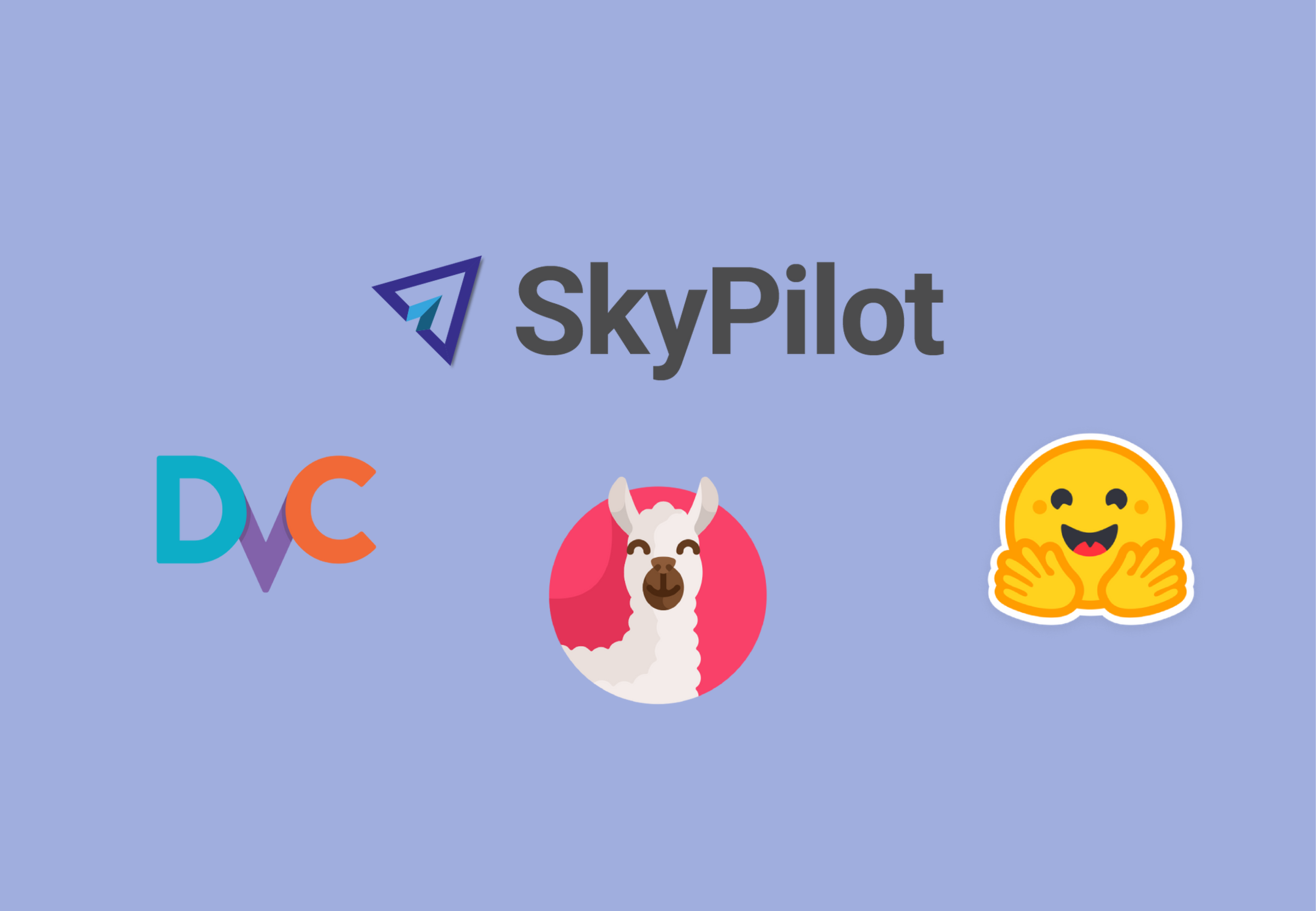Orchestrating LLM Fine-tuning on Kubernetes with SkyPilot and MLflow: A Complete Guide
Training and fine-tuning Large Language Models (LLMs) requires significant computational resources and careful experiment tracking. While many focus on the modeling aspects, efficiently managing compute resources and experiment tracking is equally important for successful ML projects. This guide demonstrates how to leverage SkyPilot and MLflow - two powerful open-source tools - to orchestrate LLM fine-tuning jobs effectively. An open-source stack for LLM fine-tuning Modern LLM fine-tuning workflows involve multiple moving parts: Resource orchestration across different cloud providers Environment setup and dependency management Experiment tracking and monitoring Distributed training coordination System metrics collection Using SkyPilot for resource orchestration and MLflow for experiment tracking provides an easy-to-use and fully open-source stack for managing these complexities. ...

